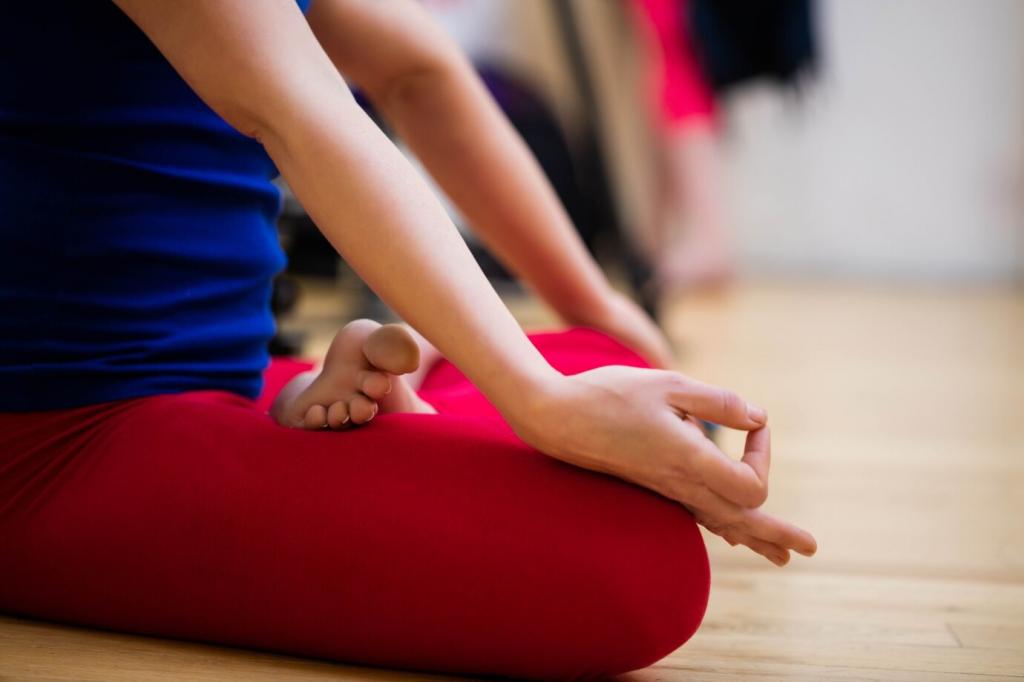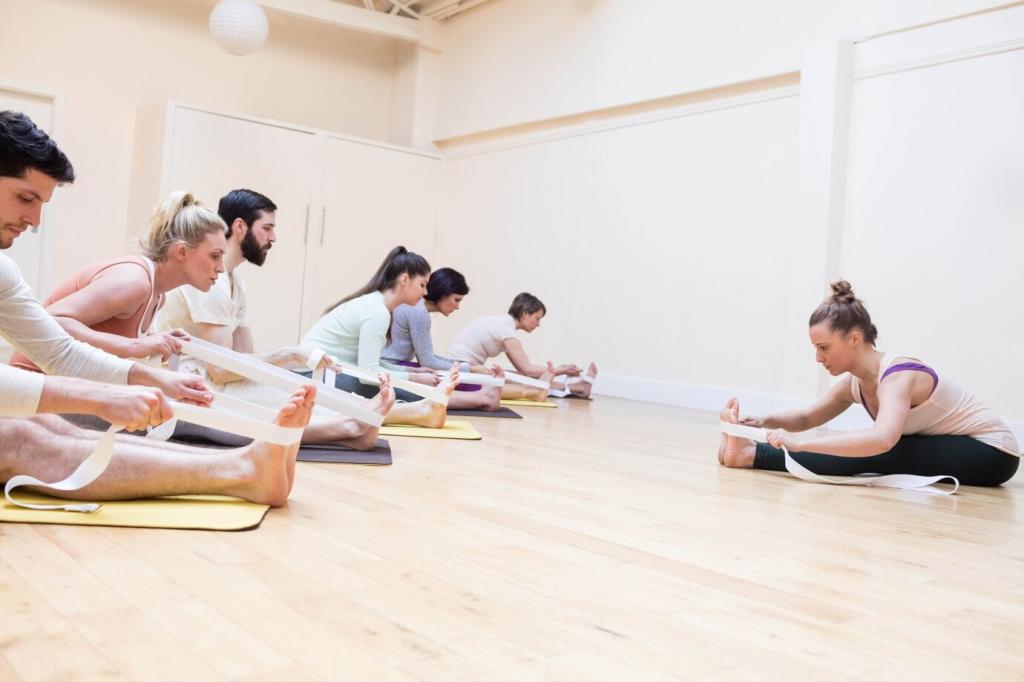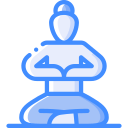Quick Yoga Sequences for Midday Energy Boost
Why Midday Energy Dips Happen—and How Quick Yoga Fixes Them
The science behind the slump
Around early afternoon, ultradian rhythms dip, posture collapses, and shallow breathing limits oxygenation. Gentle backbends and rhythmic breath stimulate the vagus nerve, improving alertness without caffeine. Test today’s quick flow, then tell us in the comments how your concentration and mood changed afterward.
Micro-movement, macro effect
Tiny sequences mobilize joints, circulate synovial fluid, and boost lymphatic flow. Even two minutes of standing waves can brighten vision and steadiness. Bookmark this page and subscribe, so your future self has a reliable reset whenever projects stack up and focus frays.
Breath as the ignition key
Diaphragmatic breathing expands the lower ribs, calms reactivity, and steadies heart rate variability. Pair it with light spinal extensions to wake neural pathways without jitter. Share your favorite midday breath cue—counting, humming, or visualizing a horizon line—to inspire fellow readers.
A 7-Minute Desk-to-Mat Flow You Can Do in Work Clothes
Sit tall at your chair’s edge. Inhale for seated cat-cow, glide the collarbones wide, exhale to round and empty. Add slow neck arcs and small thoracic rotations. Keep breaths smooth and even, noticing how your eyes soften and the jaw unclenches naturally.
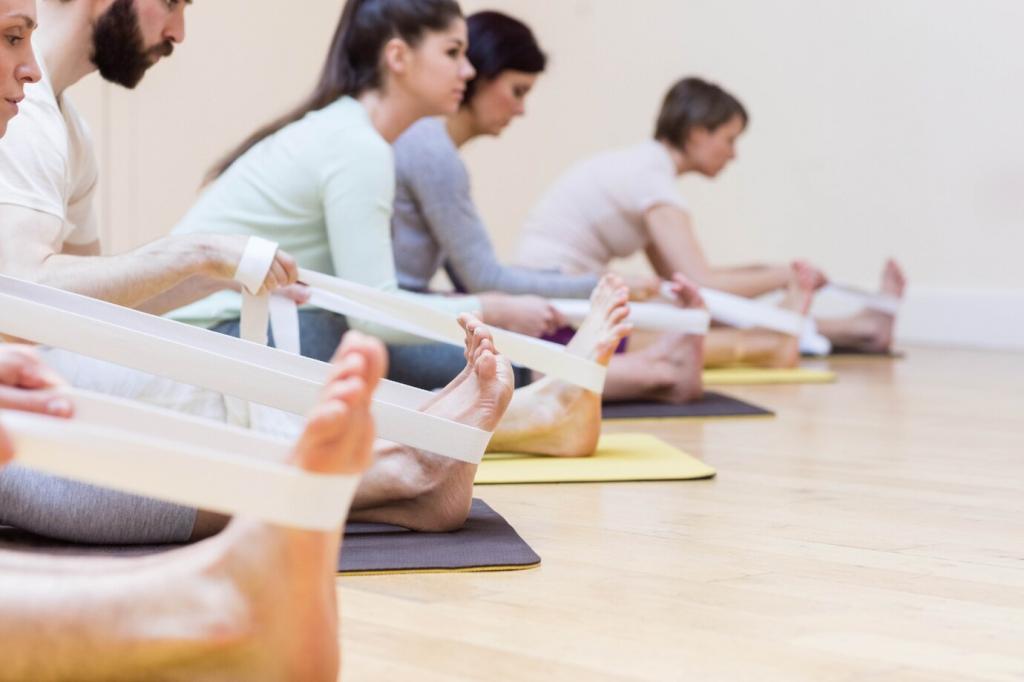
A 7-Minute Desk-to-Mat Flow You Can Do in Work Clothes
Rise. Flow through half sun salutations, brushing fingertips to ceiling, then to shins. Pulse in chair pose, weight in heels, chest bright. Step back to a gentle lunge, cactus the arms, breathe across the chest. Feel warmth build without strain or sweat.
Five Poses That Deliver Fast Energy Without Sweat
High lunge with dynamic arms
Step back lightly, front knee over ankle. Inhale arms up, exhale open to goalpost, repeating for five smooth cycles. This pumps breath through the ribs and energizes the legs. Share how many cycles hit your sweet spot without feeling overcooked.
Standing backbend with support
Place hands on low back, root feet, and lift the sternum forward and up. Keep the neck long and breath even. Just fifteen seconds clears mental fog. If you try it between meetings, tell us whether your next call felt more engaged.
Prasarita fold with active feet
Take a wide stance, hinge from hips, crown reaching down while feet press outward. Activate legs to protect hamstrings. Gentle traction calms the mind yet recharges attention. Comment with your favorite variation—hands to blocks, clasped elbows, or shoulder opener.
Breathwork Pairings for Instant Clarity
Box breathing for composure
Inhale four, hold four, exhale four, hold four. Pair with shoulder rolls and small backbends to reset posture. This square rhythm reins in racing thoughts. Try two minutes after lunch and report how your email triage speed and patience improved.
Kapalabhati for spark
Short, crisp exhales through the nose with passive inhales, thirty pulses, then a calming breath. Follow with a gentle standing fold. Use sparingly if new. If it brightened your focus, subscribe for advanced pairings that keep energy clean, not jittery.
Nasal alternate breathing reset
Close one nostril, inhale smoothly, switch, exhale; repeat on the other side. Combine with mountain pose and soft knee bends. This balances hemispheric attention and steadies mood. Tell us when you use it: before writing, during design, or prepping for a presentation.
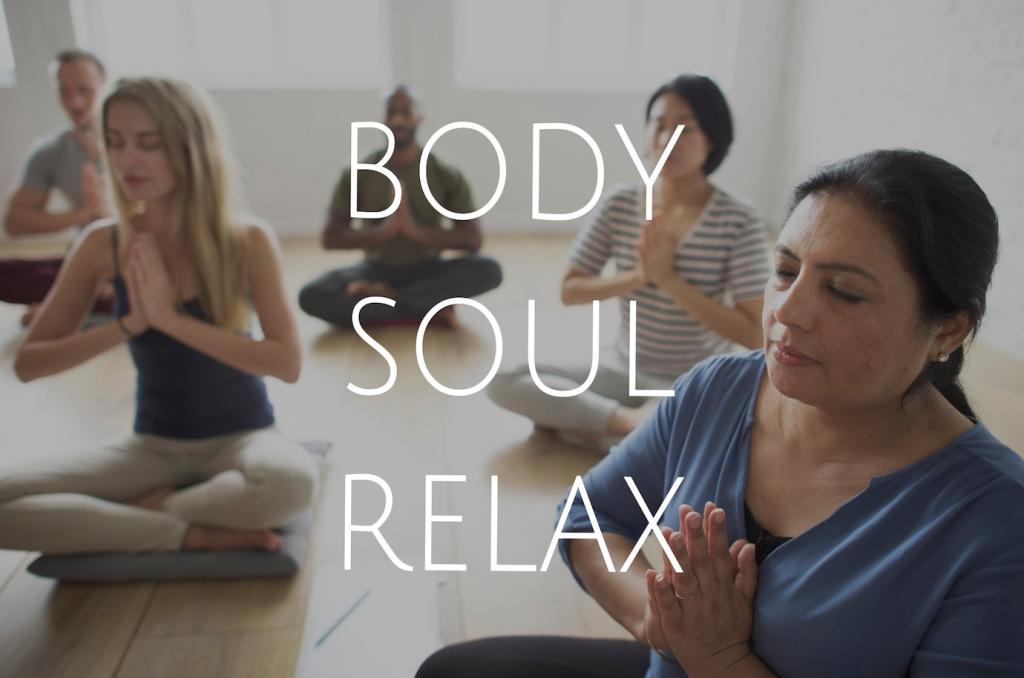
A Reader’s Story: From Afternoon Crash to Creative Flow
Maya, a product designer, hit a 2:30 p.m. wall daily—heavy eyelids, messy drafts, endless snacks. Caffeine spiked, then crashed. She wanted a quick, discreet way to reboot without leaving her open office or sacrificing evening sleep quality.
A Reader’s Story: From Afternoon Crash to Creative Flow
She set a silent phone cue and tried a seven-minute sequence: seated cat-cow, half salutations, high lunge pulses, standing fold, box breathing. Within a week, she noticed steadier attention and kinder communication on Slack. She shared her flow with teammates.
